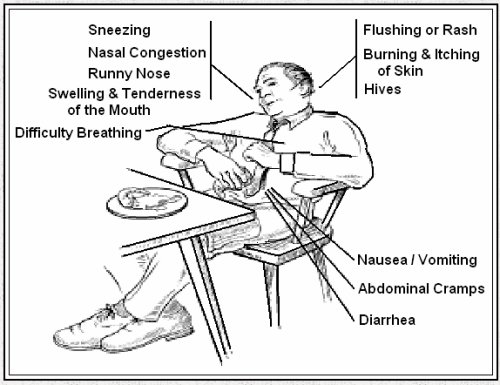 Thursday may 12, 2011
Thursday may 12, 2011
PITTSFIELD — Ash. Maple. Elm. Birch. Cottonwood.
In the springtime, the trees may look pretty enough, but for allergy sufferers, their resulting pollen is nothing to sneeze at. Sniffling and dry-eyed Berkshirites beware — physicians say that this is only the beginning of yet another interminable allergy season.
“I don’t know if it’s the pollen or what,” said Michael Maysonet of Pittsfield while he was outside on North Street on Wednesday. “It gets me congested, gets my nose runny — all sorts of stuff.”
Lauren Winneroski of Pittsfield said she’s not an allergy sufferer, but the pollen was getting the best of her this spring.
“I get the itchy eyes — there’s something in the air, it’s been bothering everybody,” she said. “I’ve never been allergic to anything. but this morning I looked in the mirror and it looked like I was crying. It’s pretty horrendous.”
An expert in such matters, Pittsfield allergist Dr. Thomas Edwards calls it “a very bad season it’s always a bad season for those that suffer.”
Edwards’ office measures pollen counts in Pittsfield around three times a week. The most recent measurement, from Tuesday, showed 981 pollen particles per cubic meter of air — the “high” level of the spectrum. Anything above 1,500 is considered “very high” — or, for allergy sufferers, pure misery.
And the reason for all this? Blame last year’s good weather, Edwards said.
“Pollen levels were actually higher last year, but curiously, people seem to be more symptomatic this year,” said Edwards, whose allergy patient volume is up this year compared to last. “It’s almost like they were primed last year by the very high levels [of pollen] and this year, it’s hitting a lot of people.”
In addition, the lack of rain — the National Weather Service reports just 0.58 inches of precipitation in Pittsfield since may 1 — has kept the air dry and pollen floating in the breeze.
But is this the beginning of exponentially worsening symptoms?
Edwards said that sheer numbers of allergy sufferers appear to be increasing for reasons that are still unclear, but that the actual severity of symptoms would likely vary on a season-to-season basis.
Edwards added that avoiding the allergens is next to impossible, outside of staying indoors and using daily antihistamine or prescription-only steroidal nose sprays.
“There isn’t really anything you can do in terms of outdoor control,” he said.
Once the tree pollen season concludes, grass pollen will start around Memorial Day, according to Edwards. and it gets worse.
“The next big onslaught is the weed pollen season, such as ragweed,” Edwards said. “It’ll begin around the 15th of August through the beginning of October.”